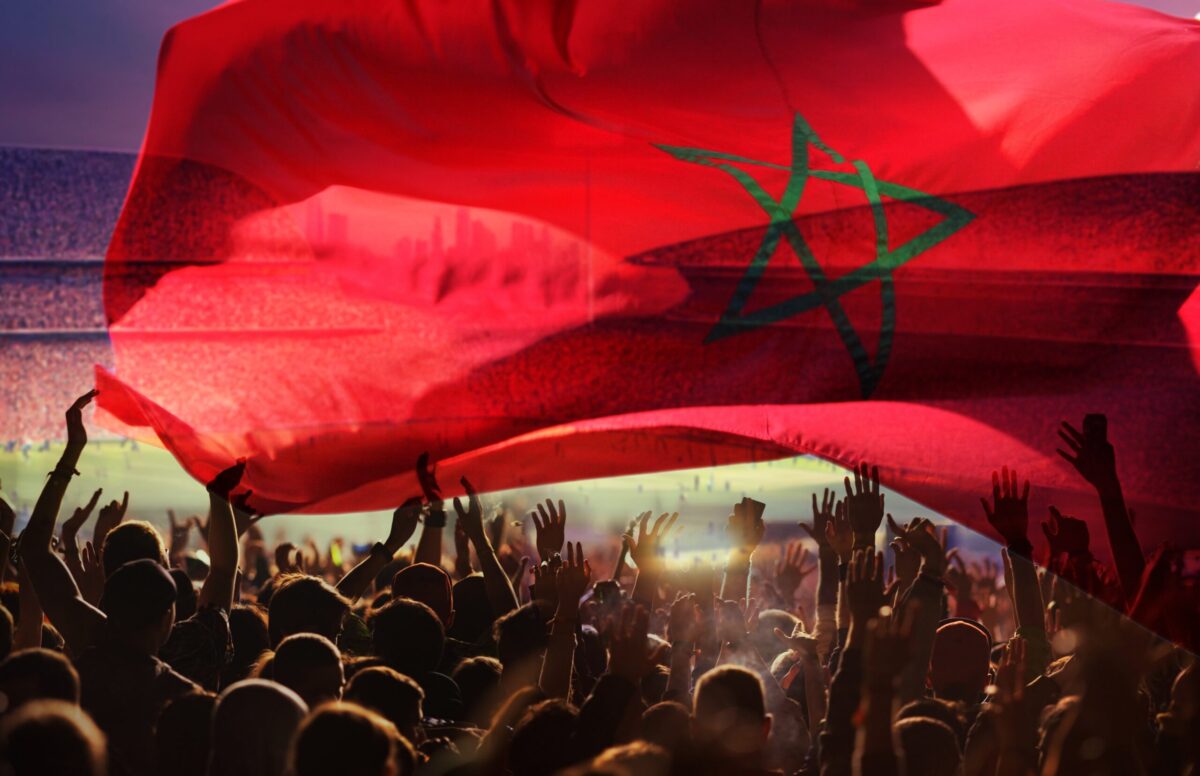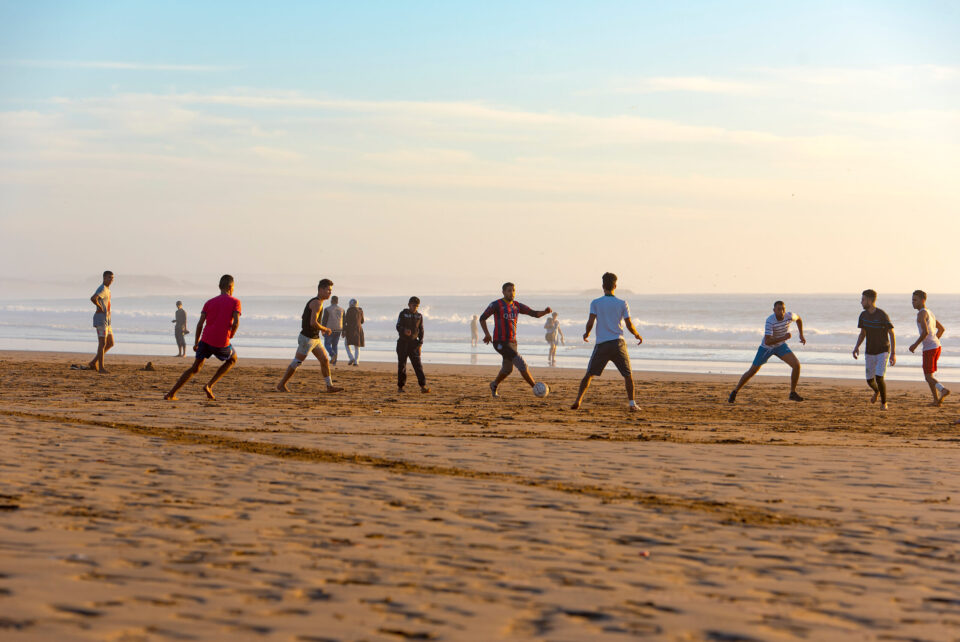
In the heart of North Africa lies a country where football is not just a game, it is a vibrant cultural phenomenon that pulses through the streets, cafes and homes of its people. With its rich history, diverse landscapes and passionate footballing community, the Kingdom of Morocco has long been a contender for the FIFA World Cup and was finally selected alongside its European neighbors Portugal and Spain to host the event in 2030, driven by an enduring love of the beautiful game and a national spirit that has endured setbacks and astonishing achievements.
Football’s roots in Morocco run deep and are woven into the country’s cultural fabric. Introduced by European colonizers in the late 19th century, the sport quickly captured the imagination of Moroccans and became a focal point of community life. From bustling city squares to dusty village pitches, football serves as a unifying force that transcends the boundaries of language, religion and ethnicity. For many Moroccans, supporting their favorite club or national team is not just a pastime; it is a source of pride and identity.
The Moroccan national team, affectionately known as the Atlas Lions, has a storied history on the international stage. From their historic qualification for the 1986 FIFA World Cup to their memorable performance at the 2022 FIFA World Cup Qatar, where they became the first African and Arab nation to reach the semi-finals, the team has consistently demonstrated the talent and resilience of Moroccan footballers. These achievements have galvanized the nation and fostered a sense of collective aspiration and determination.
Football’s roots in Morocco run deep and are woven into the country’s cultural fabric
Morocco has invested heavily in developing the country’s football infrastructure. This includes the construction of modern stadiums, training facilities and academies to nurture young talent. The King Mohammed VI Football Complex in Sale is one such state-of-the-art facility, equipped with multiple pitches, training grounds and other facilities to support the development of football at all levels.
The North African kingdom also places great emphasis on youth development in football, recognizing the importance of nurturing talent from an early age. The country has implemented various grassroots programmes and initiatives to identify and develop promising young players, with the aim of ensuring a sustainable pipeline of talent for the national team and professional clubs.
Despite the passion that surrounds football in Morocco, the FIFA World Cup has been a disappointment on previous occasions. Bids for the 2010 and 2022 tournaments were promising, but ultimately fell short in the face of stiff competition and geopolitical factors. Rather than succumbing to defeat, however, Morocco has emerged stronger, learning from past experiences and redoubling its efforts to secure the prestigious hosting rights.
The tripartite bid (Morocco-Portugal-Spain) to host the 2030 FIFA World Cup beat all rivals and was approved at the FIFA Congress in 2023 as the first edition of the competition to be staged on two continents. This event will undoubtedly have a transformative effect on the country’s infrastructure, economy and international profile. The prospect of welcoming millions of visitors from around the world provides an unparalleled opportunity to showcase Morocco’s rich cultural heritage, stunning landscapes and warm hospitality. Hosting the tournament would also catalyze investment in transport, hospitality and sports facilities, leaving a lasting legacy for future generations.
Beyond the tangible benefits, hosting the FIFA World Cup is a symbolic triumph for Moroccan football and its passionate supporters. It is a chance to celebrate the resilience and tenacity that define the nation’s sporting spirit, turning setbacks into opportunities for growth and renewal. It is also a testament to Morocco’s ability to overcome challenges and compete on the world stage, not only in football but in all aspects of national development.
Hosting the FIFA World Cup is a symbolic triumph for Moroccan football and its passionate supporters
As Morocco prepares to host the FIFA World Cup in 2030 and the Africa Cup of Nations in 2025, the country stands at a crossroads of history, ready to show the world its unique blend of tradition and modernity. With unwavering determination, visionary leadership and the support of its people, Morocco is poised to realize its long-held dream of hosting football’s greatest spectacle. Whether it is in the packed stadiums of Casablanca or the bustling markets of Marrakech, one thing is certain: the spirit of Moroccan football will continue to inspire and unite generations to come.

Photos: Shutterstock / Men playing football at the beach in Agadir